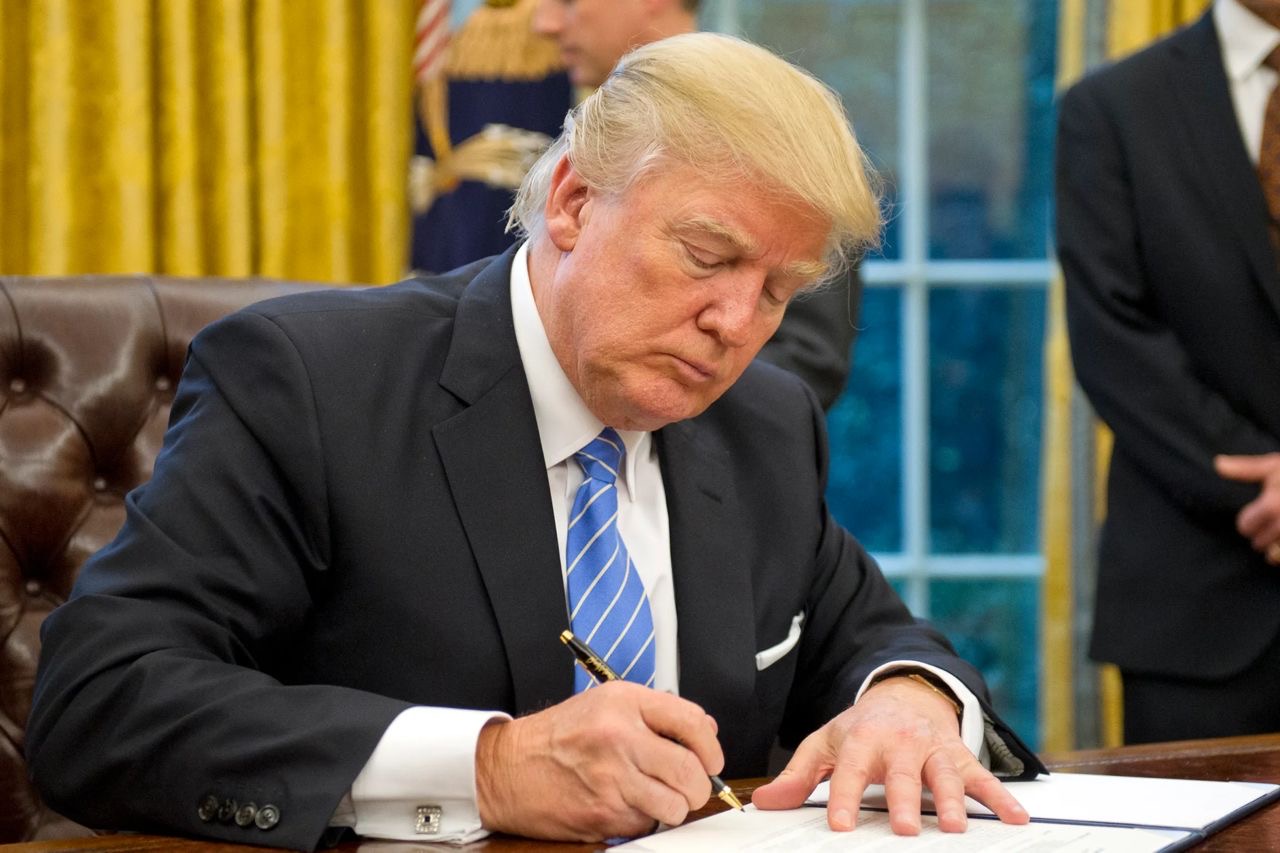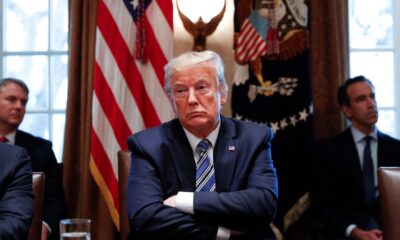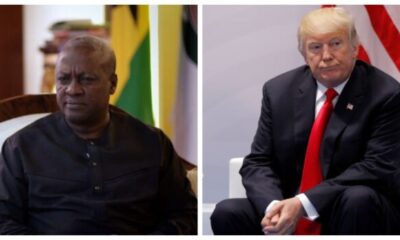Published
7 months agoon
By
Adubianews
Yesterday, the Trump administration revoked Harvard University’s certification under the Student and Exchange Visitor Program (SEVP), effectively banning the Ivy League school from enrolling international students. This sudden policy shift impacts approximately 6,800 foreign students, including a significant number from Ghana and other African nations.
The U.S. Department of Homeland Security, led by Secretary Kristi Noem, justified the decision by accusing Harvard of refusing to cooperate with federal investigations into alleged foreign student misconduct. Additional concerns were cited over how the university handled incidents of antisemitism and its supposed ties to foreign governments. The administration claimed that foreign student enrollment is a “privilege, not a right.
”In direct response, Harvard University condemned the move as “unlawful and politically motivated” and has filed a lawsuit challenging the decision. The university insists the action not only violates administrative law but also undermines the educational and personal security of its international student body.
For Ghanaian students, the impact is immediate and distressing. Many had secured scholarships and had already made significant academic progress. Now, these students face the risk of deportation, halted education, and financial loss. Some may attempt to transfer to other universities, but the short notice and uncertain legal landscape make this a difficult
path.
This development comes amid broader tensions between the Trump administration and U.S. higher education institutions, especially on matters relating to diversity, free speech, and international engagement.
Fortunately, a federal judge in California has issued a temporary injunction, blocking the enforcement of this policy for now. This gives affected students—including Ghanaians—a window of time to reassess their options while legal proceedings continue.
The Ghanaian Embassy in Washington, D.C., is yet to release an official statement, but stakeholders in education are urging the Ghanaian government to advocate for its students abroad and provide guidance during this turbulent period.


Harvard Sues Trump Administration Over Ban on International Students

‘Leave me alone’- Trump reveals his response whenever his wife complains about him looking ‘angry and upset’.


Trump wanted to shoot Black Lives Matter protesters – Former Defense Secretary reveals.


Akufo-Addo to be one-term President just like Trump – Ofosu-Ampofo


Trump joins Mahama, others on unenviable list of one-term presidents

Iran issues arrest warrant for Trump


Trump threatens to shutdown social media companies


Maskless Trump Tours Michigan Ford Plant
President Trump declares national emergency as declares as coronavirus sweeps through 48 states of the US. Here’s what the declaration means

























